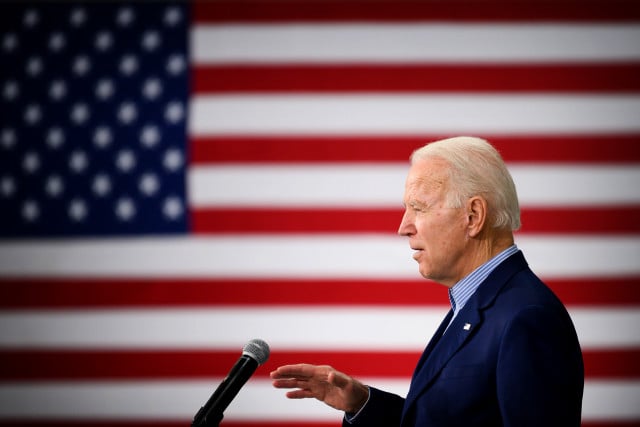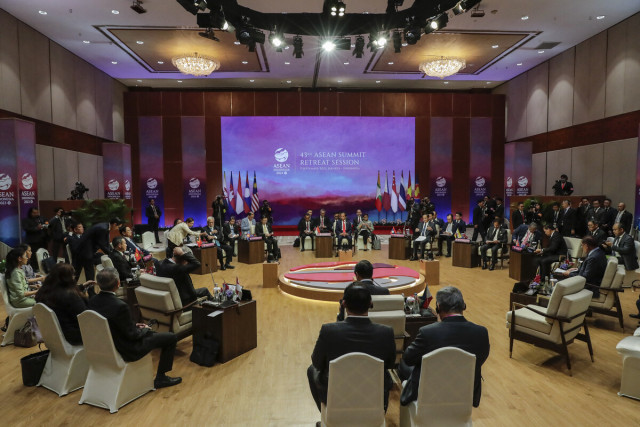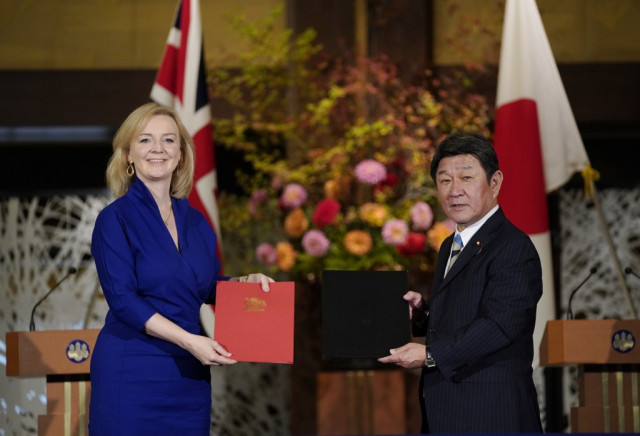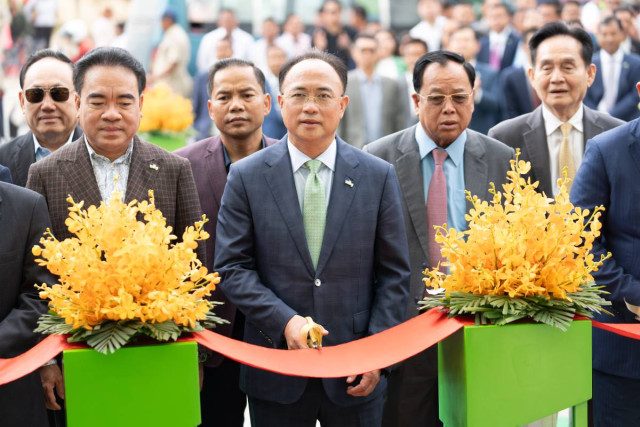What Biden's Foreign Policy Means for Asia?

- Ty Chea
- February 25, 2021 4:16 AM
Niall Ferguson argues in a debate that the liberal international order we live in – an order that encompasses certain principles of international cooperation via multilateral institutions, promotion of democracy and trade openness –is not liberal because the principal beneficiary has been China, a non-democratic country.
To some extend Fareed Zakaria, his opponent, would agree that it doesn't provide much benefit to the working class of the Western countries, including the US.
On February 4, US President Joe Biden delivered his first foreign policy in which he vowed to save global democracy and strengthen US alliances while taking American working families into consideration when conducting foreign policy.
These policies might not be achievable at the same time. To gain influence in Asia and promote democracy, the US may need to sign a trade deal to get closer to Asian countries and restore the relationship with its alliances damaged by Donald Trump. In this case, renegotiating the Trans-Pacific Partnership (TPP – now rebranded as the Comprehensive and Progressive Trans-Pacific Partnership – might be a good option.
While the trade deal might not benefit the US economically, it benefits the US more geopolitically. It would decrease signatories' reliance on China and increase US economic influence. Moreover, the trade pact includes labor and environmental standards. For participating states to benefit from trade, they must follow these rules.
This gives more incentives for participating states to maintain a good human rights record along with labor and environment standards. It is consistent with US foreign policy that focuses on human rights and democracy. In addition, it creates a trade norm for China and other countries to follow.
Having said that, such a trade deal will benefit the corporations and shareholders more than the working class. With intellectual protection and lower tariffs, the deal might cause corporations to move operations out of the US and thus lead to many job losses for the American working class. Based on the current political situation, President Biden might face political opposition or criticism from the Republicans if he is to pursue such a trade deal.
Nevertheless, without the US, China will continue to expand its power through trade and investment. It's worth noting that during the absence of the US under President Trump, China signed many trade deals with US allies, including Japan and South Korea and other countries, notably the Regional Comprehensive Economic Partnership (RCEP).
China also negotiated an investment agreement with the EU last year. This would allow China to write trade rules rather than accept rules the US creates. This will lead to many unwelcome consequences for developing countries that trade with China.
Trade deals such as the RCEP don’t contain any clause related to labor or environment standards. Therefore, the growth from trade and flow of investment might come at the price of environmental destruction. Furthermore, it might lead to land disputes and labor exploitation that may benefit the elites more than the common people.
Last but not least, as the US influence declines in the region, countries that need the US presence to fight for human rights will experience a decline in their human rights records and increased government repression.
Ty Chea obtains his Bachelor of Art in International Relations (hons) from Pannasastra University of Cambodia. He was also exchange student to University of Leuven, Belgium under the Erasmus Mundus Scholarship Program.















